The People's Declaration
RIGHT NOW would be a very good time to stand up and publicly declare your opposition to the international plan to share the "benefits" derived from "pathogens with pandemic potential."
Share this link: ThePeoplesDeclaration.com
Please watch the video below…
YOUR silence on this issue is YOUR consent.
I encourage YOU to raise your awareness of this issue and help to spread the word far and wide.
Click on the image above in order to open it in a new window. You can then save it to your phone or computer and share it on social media.
Download the PDF below for posters that you can print out and distribute.
TEXT VERSION OF THE PEOPLE’S DECLARATION:
I am opposed to the centralization of power into the hands of unelected, unaccountable and largely unknown bureaucrats through the negotiation of international agreements that absolutely do not reflect the wishes of the people of the world.
I am opposed to what is essentially biological weapons research, regardless of whether it is referred to as vaccine research, gain-of-function research, dual use research of concern, or by any other name. This type of research must not be expanded. It must be stopped.
I am opposed to the use of terrorism and fear-mongering, including in the form of propaganda and censorship, and I am opposed to the weaponization of injectable substances that are masquerading as “vaccines” and are being pushed upon men, women and children around the world without their informed consent.
I reject the “Political Declaration of the United Nations General Assembly High-level Meeting on Pandemic Prevention, Preparedness and Response” because I do not consent to spending up to $30 billion dollars per year to “promote the fair, equitable and timely sharing of benefits arising from the use of pathogens with pandemic potential.”
I also reject the WHO CA+ Framework Convention, commonly known as the “Pandemic Treaty” for a multitude of reasons, including its call for a Pathogen Access and Benefits Sharing System that “aims to ensure timely access to pathogens with pandemic potential and the corresponding benefit-sharing.”
I also reject the proposed Amendments to the International Health Regulations for a multitude of reasons, including the amendments to Annex 1 (submitted by India) that call for the “timely exchange of biological materials and genetic sequence data to WHO” in return for unspecified “benefits.”
The needs of the people of the world have been ignored for far too long. Planning to spend tens of billions of dollars to increase the profits of the Pharmaceutical Hospital Emergency Industrial Complex under the guise of “equity” is simply not acceptable.
I do not consent. #ExitTheWHO
The People’s Declaration is NOT a petition.
The People’s Declaration is NOT something you “sign.”
I am NOT trying to collect signatures and data from people who believe that all they need to do to change the world is click a button.
I encourage each and every man, woman and child to make YOUR own declaration.
Record YOUR own video in which you speak YOUR mind and then spread YOUR declaration far and wide.
YOUR silence is YOUR consent.
If YOU want to stand up and work together to push back against this obviously evil agenda, please feel free to call me (James Roguski) directly at +1 310-619-3055.
This section was added to this article on February 28, 2024.
The absence of any engagement with the danger that the WHO Pandemic Agreement may incentivise the conduct dangerous gain-of-function (GoF) research on what the Negotiating Text refers to as ‘pathogens with pandemic potential.’
[The “proposed negotiating text for the WHO Pandemic Agreement”] promotes constant global biomedical surveillance, preventive R&D on pathogens with pandemic potential, routine emergency authorisations of investigational vaccines or therapeutics for global administration and the transformation of the WHO towards a global procurement and distribution agency for pandemic products, in particular vaccines.
[The “proposed negotiating text for the WHO Pandemic Agreement”] foresees the building of a global bio-surveillance system with international (WHO) and domestic components. In short, the draft treaty envisages that each state builds up laboratory capacities that then work together as a global network through which they can identify emerging and re-emerging pathogens, determine and share the genetic sequence data of these pathogens and inform the WHO and other member states about them.
It thus implies a constant bio-surveillance of the ‘human-animal-environment’ interface on a global scale, including the building up extensive genomic sequencing capacities, in line with the expansive ‘One Health’ concept. State parties shall then share pathogens with pandemic potential as well as genomic sequences through a global laboratory network which shall be built on already existing or newly created arrangements.
[The “proposed negotiating text for the WHO Pandemic Agreement”] provides for the establishment of a ‘WHO Pathogen Access and Benefit Sharing System’ (WHO PABS System)... This system is intended to ensure timely global access to so-called ‘PABS material’ (defined in Art.1(m)), i.e. pathogens with pandemic potential and their genetic sequence data; and subsequently, global equal access to potential pandemic products developed based on shared biological material and genetic sequences. Via the WHO PABS System, the contracting parties should provide PABS material to a laboratory network coordinated by the WHO and feed the genetic sequence data of this material into a publicly accessible database, provided that this database has made appropriate arrangements for handling data on PABS material. In addition, states should use Standardised Material Transfer Agreements to ensure that the transfer of PABS material is in line with the transferring state’s duties under the Convention on Biological Diversity and the Nagoya Protocol on Access to Genetic Resources and the Fair and Equitable Sharing of Benefits Arising from their Utilization thereto and in accordance with biosafety regulations. It can also be noted that the WHO has already started to set up a global system – the WHO BioHub system – through which it collects biological material with pandemic potential and respective gene sequence data.
The planned WHO PABS System is one of the most contentious issues in the on-going negotiation process. The lines of contention revolve around, on the one hand, the fear of low-income countries that they will be under an obligation to share biological material through the above-discussed extensive duties on domestic bio-surveillance systems that submit biological material to the WHO, without, in fact, getting timely access to affordable pandemic products developed by manufacturers in high-income countries relying on this material. On the other hand, high-income countries appear to criticise the system as incompatible with their economic interests and intellectual property law, or rather, the interests of the pharmaceutical industries located within their jurisdiction.
[The “proposed negotiating text for the WHO Pandemic Agreement”] also envisages an expansion of research and development activities on pathogens with pandemic potential and ‘pandemic-related products’.
In essence, it aims to commit states to build, strengthen and maintain capacities and institutions for research and development of pandemic-related products.
It does so not only through activating a rapid R&D plan once a PHEIC has been declared but also by commissioning R&D on pathogens with pandemic potential before a PHEIC occurs under the pretext of R&D preparedness.
[The “proposed negotiating text for the WHO Pandemic Agreement”] aim(s) to ensure that states have the regulatory framework in place to grant fast-track emergency authorisation for investigational medicinal products during a pandemic… with the aim of expediting regulatory approvals and authorizations.
During the Covid-19-PHEIC, the WHO granted EULs to all known investigational vaccines against Covid-19. Among other things, this enabled the WHO to promote, distribute and administer these vaccines worldwide through its PPPs, especially GAVI and COVAX.
There is, however, no deeper questioning of the bio-medical and securitised approach to pandemic preparedness and response, focusing exclusively on extensive bio-surveillance and the rapid development, licensing, distribution and administration of pandemic products, first and foremost with the aim to carry out renewed global mass vaccination campaigns as during the Covid-19 PHEIC. It appears, that few questions are asked about the actual effectiveness of such a global one-size-fits-all approach, the significant biosafety and biosecurity concerns it raises and its wider implications for the enjoyment of human rights.
Incentivising Highly Dangerous Gain-of-function Research on Pathogens with Pandemic Potential?
One concern not examined in the negotiations is the danger that an ever tighter biomedical global surveillance system encompassing also the ‘human-animal-interface’ in line with the ‘One Health’ concept, the wide sharing of pathogens with pandemic potential and their genetic sequences and ever more R&D on these pathogens may well increase the conduct of highly dangerous GoF-research. GoF-research implies that scientists use a variety of techniques to make viruses more pathogenic (i.e. they increase the severeness of the illness they cause) and/or to make them more transmissible. The common justification for such research is that scientist must ‘get ahead of nature’ to predict what might be future pandemic threats, and to develop vaccines against such threats. The dangers of this type of research have been recognised by concerned scientists who have called for very strict control of, moratoria on the conduct of or full prohibition of GoF-research.
Among the dangers is first that viruses that may have been bioengineered for prophylactic purposes may escape from laboratories. And indeed, there have been countless reports over the years that bioengineered viruses did escape or otherwise originated from labs. There is mounting evidence that SARS-CoV-2 itself was the result of GoF-research examining the spillover potential of SARS-like viruses which was funded by the US National Institutes of Health (NIH) and in particular the National Institute of Allergy and Infectious Disease (NIAID) via the EcoHealth Alliance at the Wuhan Institute of Virology, including mounting evidence obtained via Freedom of Information Act (FOIA) requests in the US that those involved try hard to cover up the lab origin of SARS-CoV-2, inter alia by labelling any information about it ‘disinformation’ or a ‘conspiracy theory’.
Second, GoF-research falls into the category of dual-use research and can thus be employed to turn ordinary or pathogenic viruses or bacteria into biological weapons. Indeed, in the US, the leading nation conducting GoF-research, funding for research on natural pandemics and steadily growing biological defence funding have long been lumped together, and civilian and military departments and institutions are brought together under the Public Health Emergency Medical Countermeasures Enterprise, overseeing ‘research, advanced research, development, procurement, stockpiling, deployment, distribution and utilisation’ of medical countermeasures (i.e. therapeutics and vaccines) to address health emergencies occurring naturally, accidentally or intentionally. Such lumping together may contradict the 1925 Geneva Gas Protocol and the 1972 Bioweapons Convention (BWC) which prohibits any GoF-research for the development of any defensive or offensive bioweapons (preamble read in conjunction with Art.1(1) BWC). The BWC does not, however, prohibit research with ‘microbial or other biological agents’ that is for ‘prophylactic, protective or other peaceful purposes’ (Art.1(1) BWC).
Various draft provisions in the treaty may encourage this dangerous GoF-research, and may feed new and emerging pathogens with pandemic potential into existing GoF-research projects conducted in the increasing number of biosafety level 3 (BSL-3) and BSL-4 biolaboratories around the world. As already mentioned, many of the draft Articles aim at establishing and expanding a global network of biolaboratories with genomic sequencing capabilities in states parties to the treaty (Arts.1(a), (b) and (i), 4(3), 5(7), 6(2)(f) and (4) as well as 12(4)(a) Negotiating Text). This includes obligations to assess the risks of the pathogens detected via the network of laboratories (Arts.4(3) and 6(4)), and to conduct and accelerate ‘innovative research and development’ (Art.9(2)(c)) to address pathogens with pandemic potential. This does not exclude GoF-research which manipulates the pathogenicity and transmissibility of viruses with pandemic potential, allegedly to then develop vaccines against such bioengineered pathogens. An earlier version of the draft Pandemic Agreement (of 2nd of June 2023) still included a draft provision explicitly encouraging states to ‘carry out research to better understand the pathogenicity and transmissibility of pathogens with pandemic potential […] and to minimis[e…] unnecessary administrative hurdles for research’ (Art.9(5)) which has, however, been removed from the Negotiating Text. Whilst the Negotiating Text also includes draft provisions that oblige states to ‘strengthen laboratory biosafety and biosecurity, […] in order to prevent the accidental exposure, misuse or inadvertent laboratory release of pathogens’ (Arts.4(4)(f), 6(2)(f) and 9(2)(c)), the history of frequent leaks even at laboratories that are considered the safest worldwide does not inspire confidence that a further increase in the number of biolabs around the world contributes to the prevention of pandemics, but could, in fact, rather do the opposite. This has been recognised in a 2022 publication ‘COVID-19: A Warning’ by UN Environment Programme (pp.21-22 and 36), calling for a better regulation or ban of GoF-research, calls that have been made by concerned scientists before (as mentioned above). In a March 2023 Hearing before the US Congress on COVID origins, the former director of the US Centre for Disease Control and Prevention, Robert Redfield, also highlighted that decades of GoF-research conducted by US civil and military research institutions have not led to the development of beneficial drugs or vaccines, an observation that converges with the observation of critical scientists that the benefits of GoF-research have long been overstated. Moreover, as mentioned, GoF-research likely violates states’ duties under the BWC.
Those involved into the negotiations of the Pandemic Agreement and the amendments of the IHR should take explicit notice of this danger and may want to include a clear prohibition of highly dangerous GoF-research into the Agreement and the IHR amendments, and/or simultaneously embark on the tedious but important process to reinvigorate a review process of the BWC. Such a process may aim to remove the exception from Art.1(1) BWC. At the same time, a truly independent international institution – e.g. an international Organisation for the Prohibition of Biological Weapons – would need to be established to effectively supervise and control the implementation of a global prohibition of GoF-research as had been foreseen in the planned verification Protocol to the BWC of the early 2000s. After long negotiations in the 1990s, the Protocol had to be abandoned in 2001 after the US unexpectedly declared that it had no intention to sign and ratify the Protocol (discussed also here). Such an approach would, in addition, address the highly likely root cause of the Covid-19 pandemic.
The simple and undeniable fact that the three documents listed below do NOT ban gain-of-function research is more than enough reason to oppose them.
The possibility that these agreements could actually facilitate, fund and support gain-of-function research is absolutely unacceptable. (click on the links below to download the documents)
SEE DETAILED EXCERPTS BELOW THE VIDEOS.
NOTE:
The videos and audio below are very, very important.
Please take the time to watch and listen to them in their entirety.
Please watch the videos below to understand what is really going on.
Maria Zeee and James Roguski
EXCERPT: https://www.bitchute.com/video/QB7PprXiGbCd/
FULL INTERVIEW: https://rumble.com/v3g35om-uncensored-un-to-declare-permanent-covid-measures-this-month.html
CLICK HERE to review Australian gain-of-function research
James Corbett and Meryl Nass
EXCERPT: https://www.bitchute.com/video/gh0zoK2CMZlj/
FULL INTERVIEW: https://rumble.com/v3g8uvs-bioweapons-of-mass-destruction-with-james-corbett.html
CLICK HERE for Meryl Nass’ article.
Catherine Austin Fitts and Sasha Latypova
EXCERPT: https://www.bitchute.com/video/QP8LJxhumq9Q/
FULL INTERVIEW: https://www.bitchute.com/video/jBn5Zt0tdWcQ/
Margo Knorr
https://www.bitchute.com/video/MFUxl8RCs1Gv/
Del Bigtree and Meryl Nass
Meryl Nass’s Article:
Who really benefits from the gain-of-function scam?
Those who seek to control us. It is the public who pays the cost of the research, then pays again for the accidents and deliberate leaks. Wouldn’t it be better to end gain-of-function research entirely, by restricting funding or closing the laboratories, rather than encouraging the distribution of biological weapons? If we want a decent future, it is crucial that we control these weapons instead of proliferating them.
-Meryl Nass
Gary Null and Meryl Nass Audio:
The video below is the recording of the September 3, 2023 Zoom meeting
Below are excerpts from the various documents discussed above.
THE UNITED NATIONS POLITICAL DECLARATION:
“The Final Text for Silence Procedure” on Pandemic Prevention, Preparedness and Response that is scheduled to be adopted at the high level meeting of the United Nations General Assembly on Wednesday, September 20, 2023 includes the following text…
Encourage the spending of $30 billion dollars per year:
Recall that financing effective national, regional and global health emergency preparedness will require approximately US$30 billion per year… outside current official development assistance levels;
https://www.un.org/pga/77/wp-content/uploads/sites/105/2023/08/Final-text-for-silence-procedure-PPPR-Political-Declaration.pdf (PP29 - page 5)
Support for the sharing of pathogens with pandemic potential:
“Promote the fair, equitable and timely sharing of benefits arising from the use of pathogens, sequences or any other materials, with pandemic potential, through a multilateral system…”
https://www.un.org/pga/77/wp-content/uploads/sites/105/2023/08/Final-text-for-silence-procedure-PPPR-Political-Declaration.pdf (OP14 - page 8)
Support for the ongoing negotiations being led by the World Health Organization:
Encourage the Intergovernmental Negotiating Body to conclude negotiations on a WHO convention, agreement or other international instrument on pandemic prevention, preparedness and response.
Encourage the Working Group on Amendments to the International Health Regulations (2005), to continue its work on consideration of proposed targeted amendments to the International Health Regulations (2005), with respect to the timeframes set out in WHA75(9).
https://www.un.org/pga/77/wp-content/uploads/sites/105/2023/08/Final-text-for-silence-procedure-PPPR-Political-Declaration.pdf (OP15-16 - page 8)
THE WHO CA+ FRAMEWORK CONVENTION:
The June 2, 2023 version of the Bureau’s text of the WHO CA+ Framework Convention (AKA: “Pandemic Treaty”) includes the following text…
Article 6. Preparedness, readiness and resilience
3. The Parties commit to establishing, or building on existing, genomics, risk assessment, and laboratory networks in order to conduct epidemiological genomic surveillance and the global sharing of emerging pathogens with pandemic potential, and drug-resistant pathogens.
https://apps.who.int/gb/inb/pdf_files/inb5/A_INB5_6-en.pdf (page 10)
Article 9. Research and development
5. Each Party shall implement and apply relevant international standards for the biorisk management of laboratories and research facilities that carry out research to better understand the pathogenicity and transmissibility of pathogens with pandemic potential, and to prevent the unintended consequences of such research, while minimizing unnecessary administrative hurdles for research.
https://apps.who.int/gb/inb/pdf_files/inb5/A_INB5_6-en.pdf (page 14)
Article 12. Access and benefit-sharing
Option 12.A
1. The Parties agree that pandemic prevention, preparedness, response and health system recovery requires the rapid, systematic, and timely sharing of biological materials with epidemic and pandemic potential, as well as [genetic sequence data and relevant information]/[digital sequence information] (WHO CA+ biological material). The Parties also agree that a multilateral access and benefit-sharing system(s) is/are needed for timely, effective, predictable and equitable access to pandemic-related products, as well as other benefits, both monetary and non-monetary, that strengthen pandemic prevention, preparedness, response and health system recovery based on public health risks and needs.
2. The Parties agree to establish such a system(s), consistent with applicable and relevant national, regional and international laws and regulations, as well as existing international instruments, which is/are implementable at all times, both during and between pandemics. This will provide certainty and legal clarity for the providers and users of biological materials, and will strengthen, expedite and not impede research and innovation.
https://apps.who.int/gb/inb/pdf_files/inb5/A_INB5_6-en.pdf (page 19)
Article 12. Access and benefit-sharing
Option 12.B
2. The Parties hereby establish the WHO Pathogen Access and Benefit-Sharing System (PABS system) under the WHO CA+.
3. The PABS system aims to ensure timely access to pathogens with pandemic potential and the corresponding benefit-sharing. The PABS system shall cover all pathogens with pandemic potential, including their genomic sequences, as well as access to benefits [arising therefrom] / [that arise from the utilization of such pathogens]…
5. Biological materials-sharing:
(a) Each Party, through its relevant public health authorities and authorized laboratories, shall, in a rapid, systematic and timely manner:
(i) provide pathogens with pandemic potential from early infections due to pathogens with pandemic potential or subsequent variants to a laboratory recognized or designated as part of an established WHO coordinated laboratory network; and
(ii) upload the genomic sequence of such pathogens with pandemic potential to one or more publicly accessible database(s) of its choice…
(c) Access shall be accorded expeditiously by the laboratory recognized or designated as part of an established WHO coordinated laboratory network,
https://apps.who.int/gb/inb/pdf_files/inb5/A_INB5_6-en.pdf (page 20)
AMENDMENTS TO THE INTERNATIONAL HEALTH REGULATIONS:
India has proposed the following amendments to Annex 1 of the International Health Regulations:
6 (g) to support timely exchange of biological materials and genetic sequence data to WHO, entities under WHO and other State Parties subject to equitable sharing of benefits derived therefrom.
7. At the Global level, WHO shall strengthen capacities to
(c) Facilitate sharing of Biological materials and genetic sequencing data and transparent subject to equitable access to benefits derived therefrom.
https://apps.who.int/gb/wgihr/pdf_files/wgihr1/WGIHR_Submissions-en.pdf (page 72)
Risky ‘gain-of-function’ studies need stricter guidance, say US researchers
After a delay caused by the COVID-19 pandemic, US biosecurity board revisits policies governing risky pathogen experiments.
https://www.nature.com/articles/d41586-022-01209-w
ThePeoplesDeclaration.com
ExitTheWHO.org
ExitTheWHO.com
StopTheGlobalAgenda.com
StopTheAmendments.com
StopTheWHO.com
ScrewTheWHO.com
MaskCharade.com
RejectDigitalEnslavement.com
HealthFreedomBillOfRights.com
PreventGenocide2030.org
DoorToFreedom.org
By: James Roguski
The old system is crumbling, and we must build its replacement quickly.
If you are fed up with the government, hospital, medical, pharmaceutical, media, industrial complex and would like to help build a holistic alternative to the WHO, then feel free to contact me directly anytime.
JamesRoguski.substack.com/about
JamesRoguski.substack.com/archive
310-619-3055
All content is free to all readers.
All support is deeply appreciated.



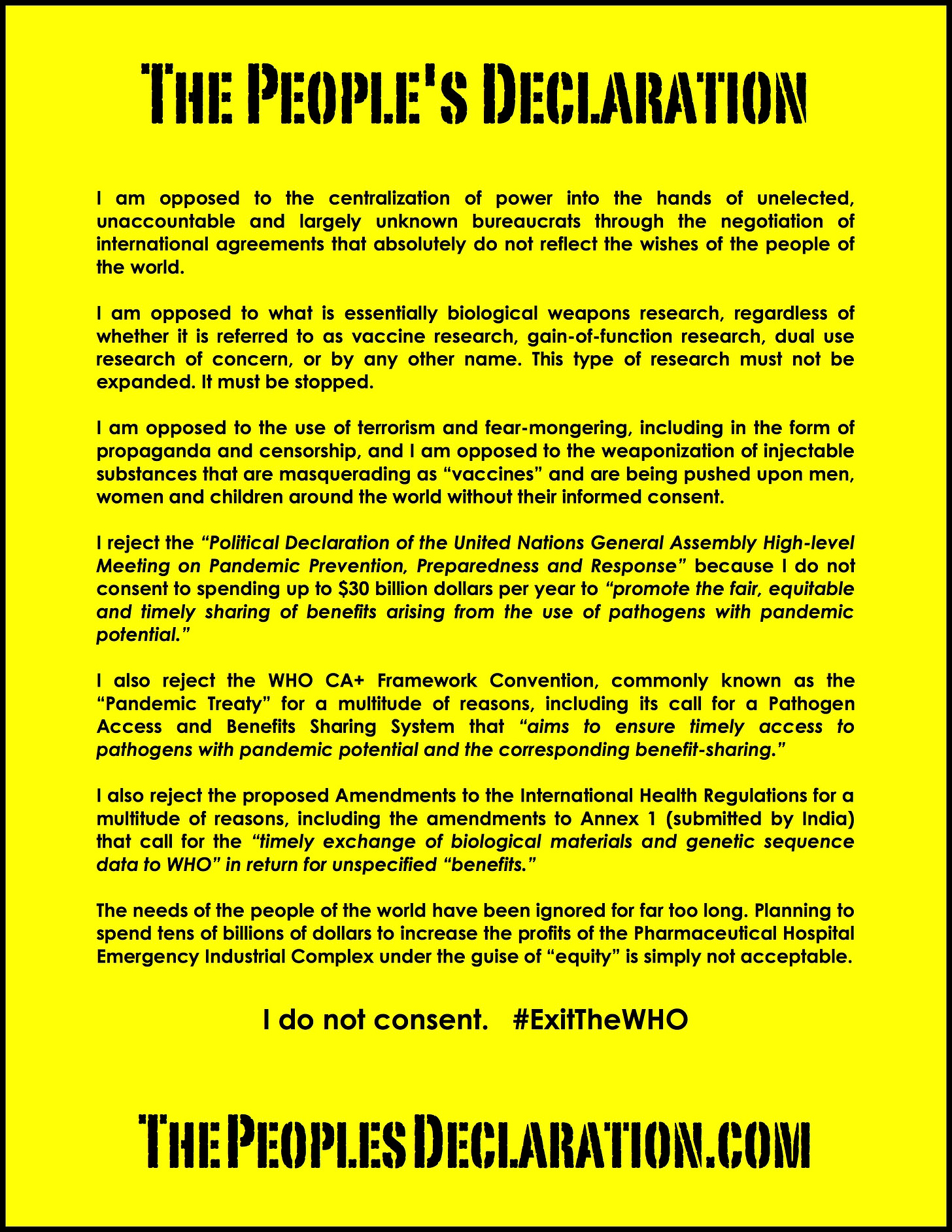
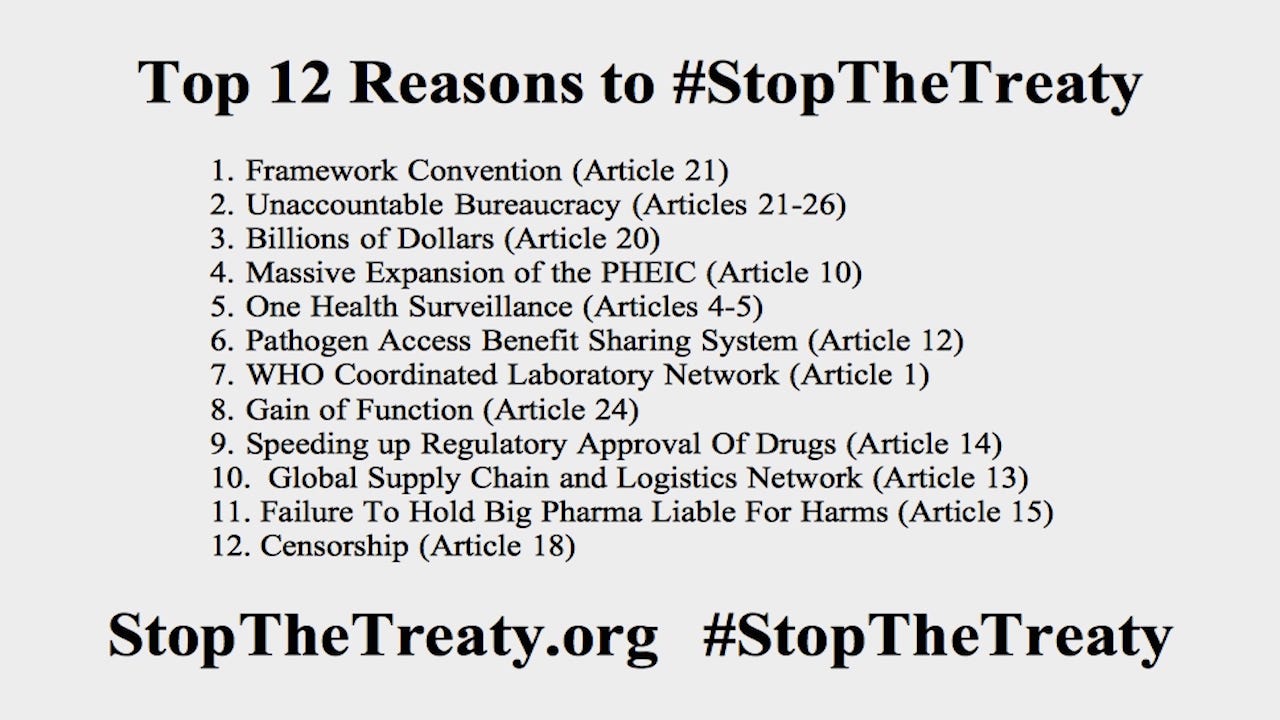

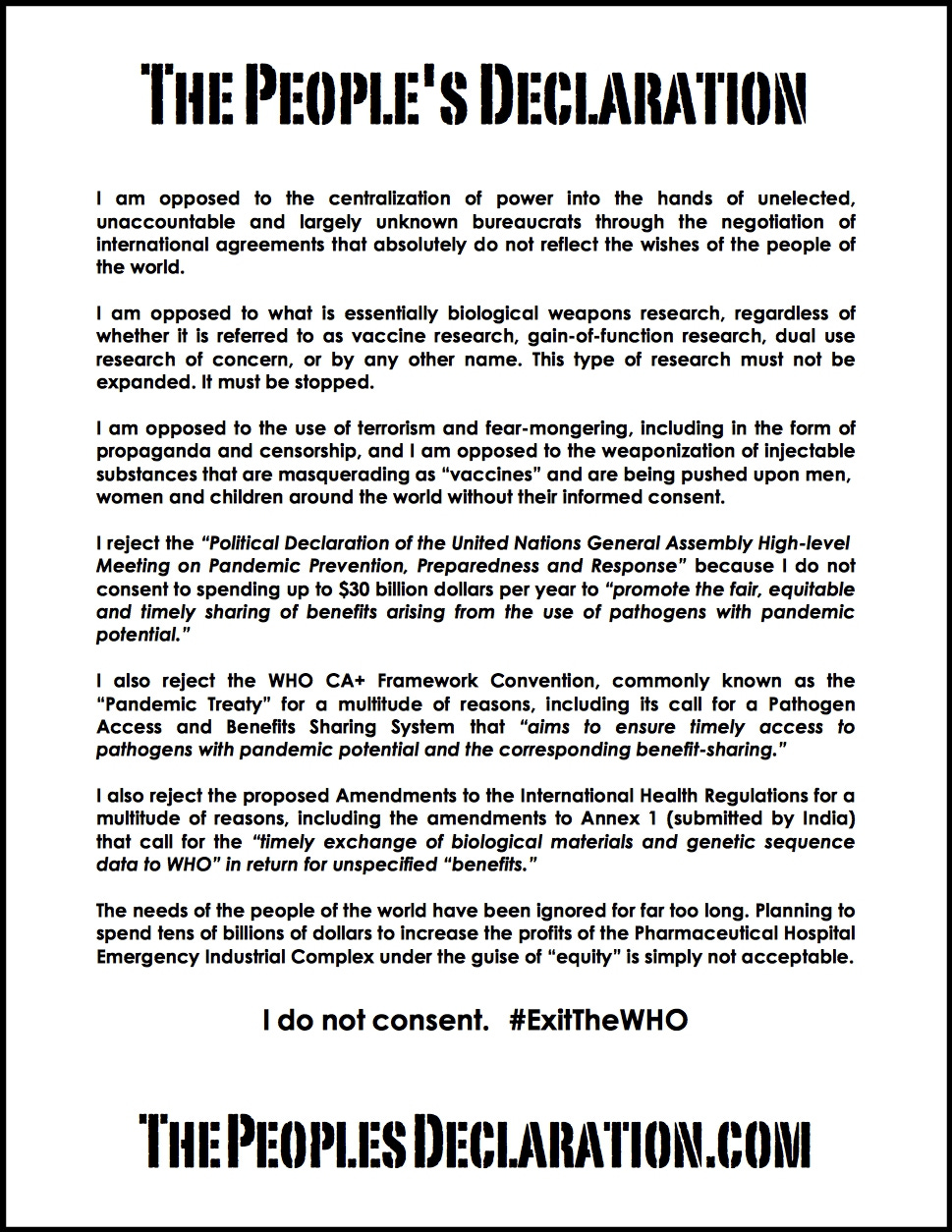
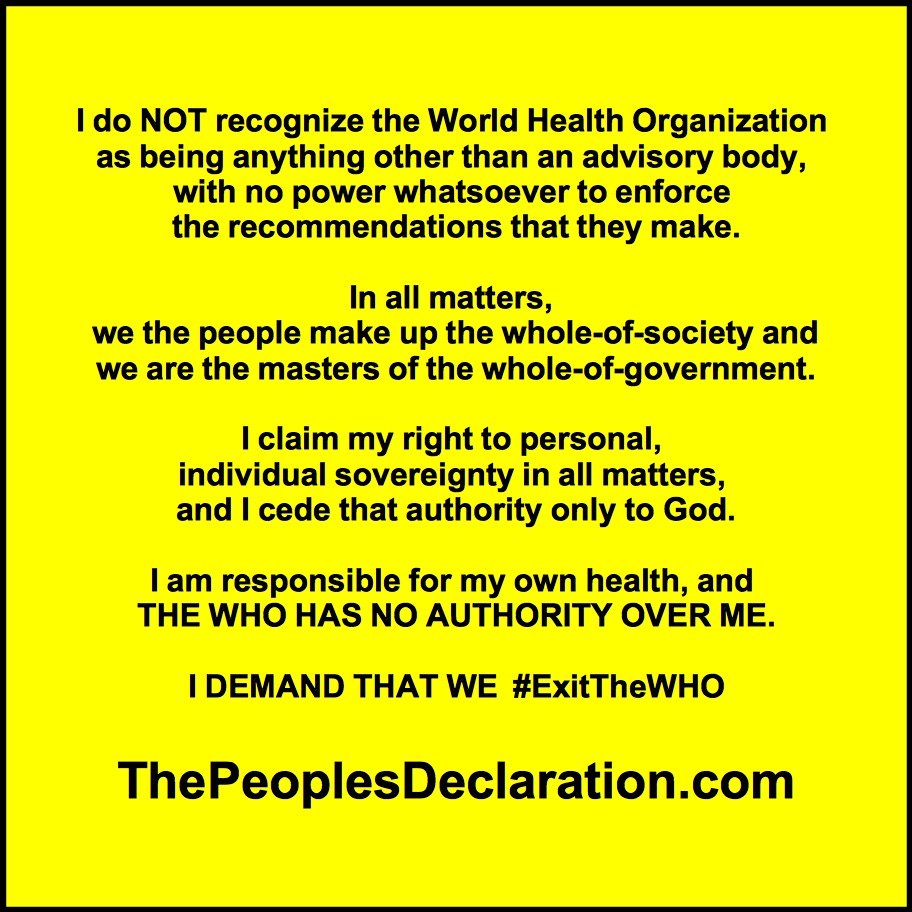







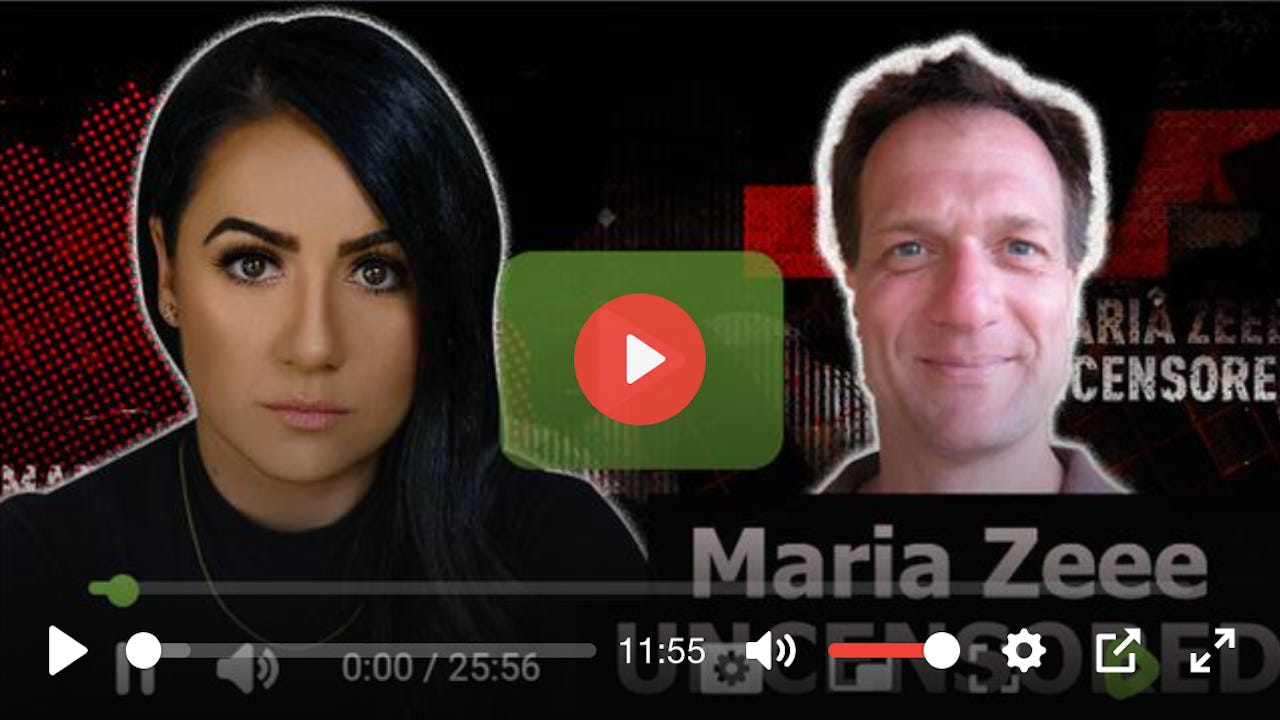

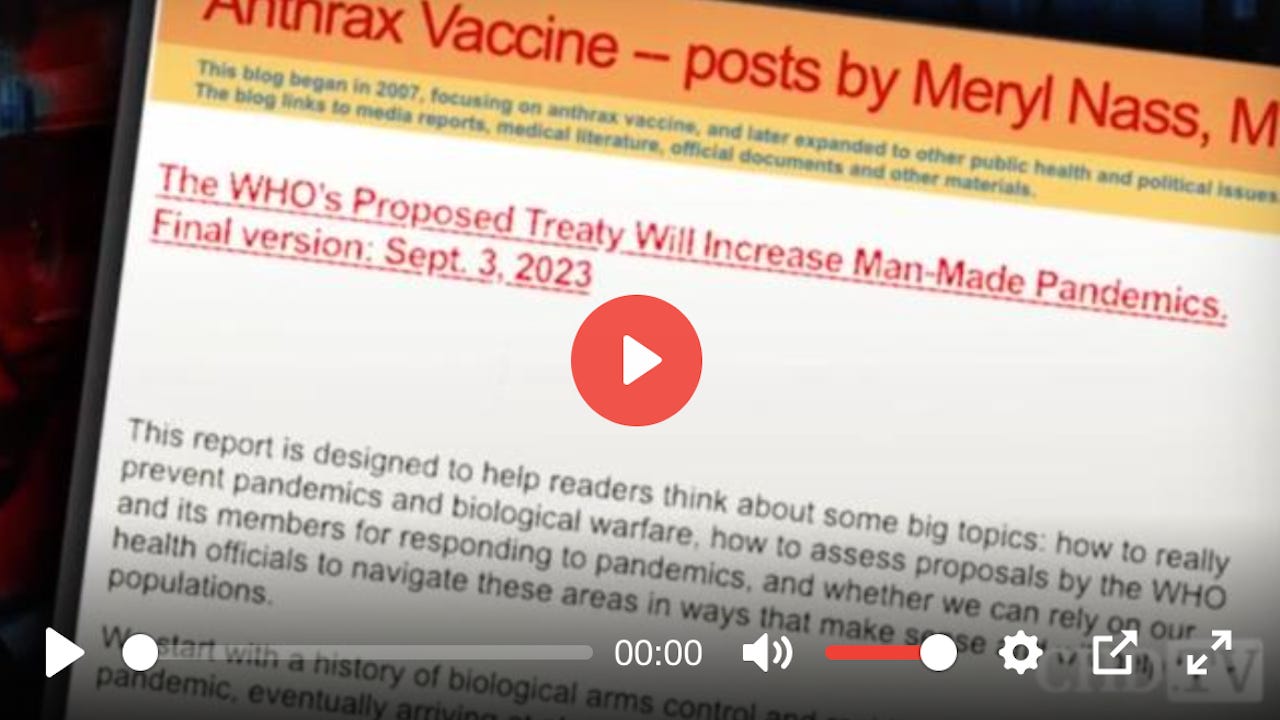

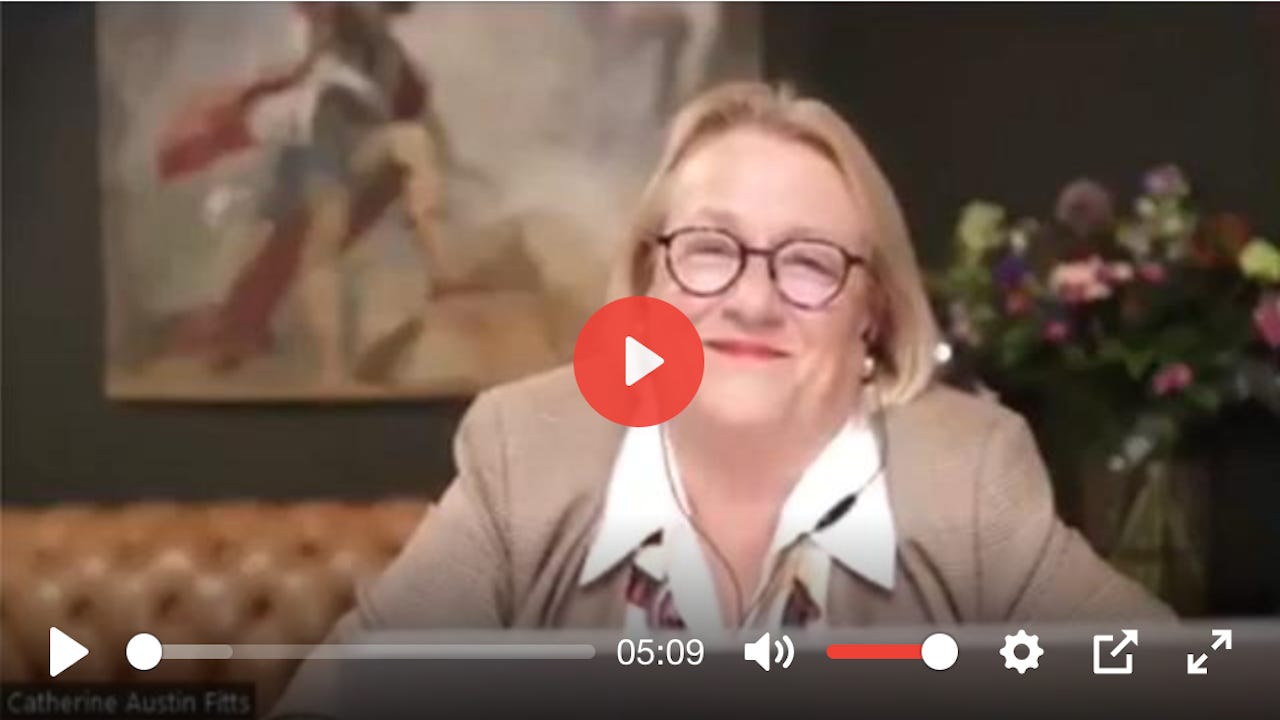

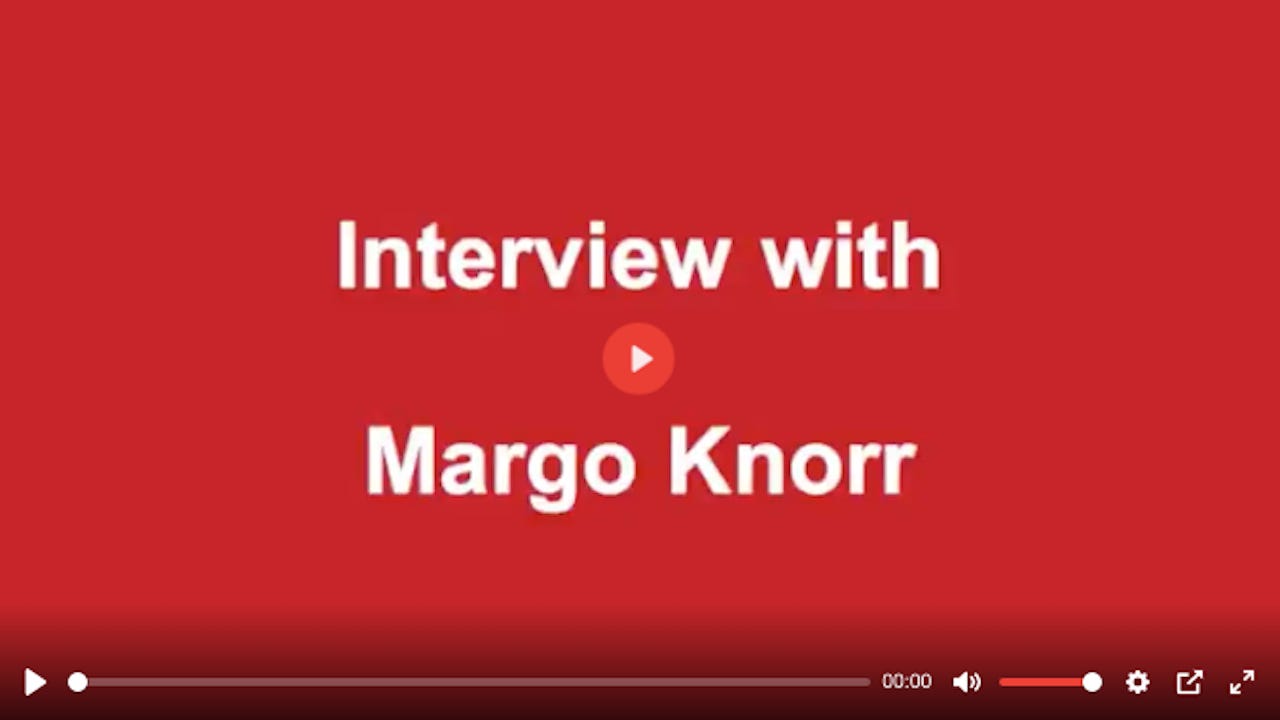


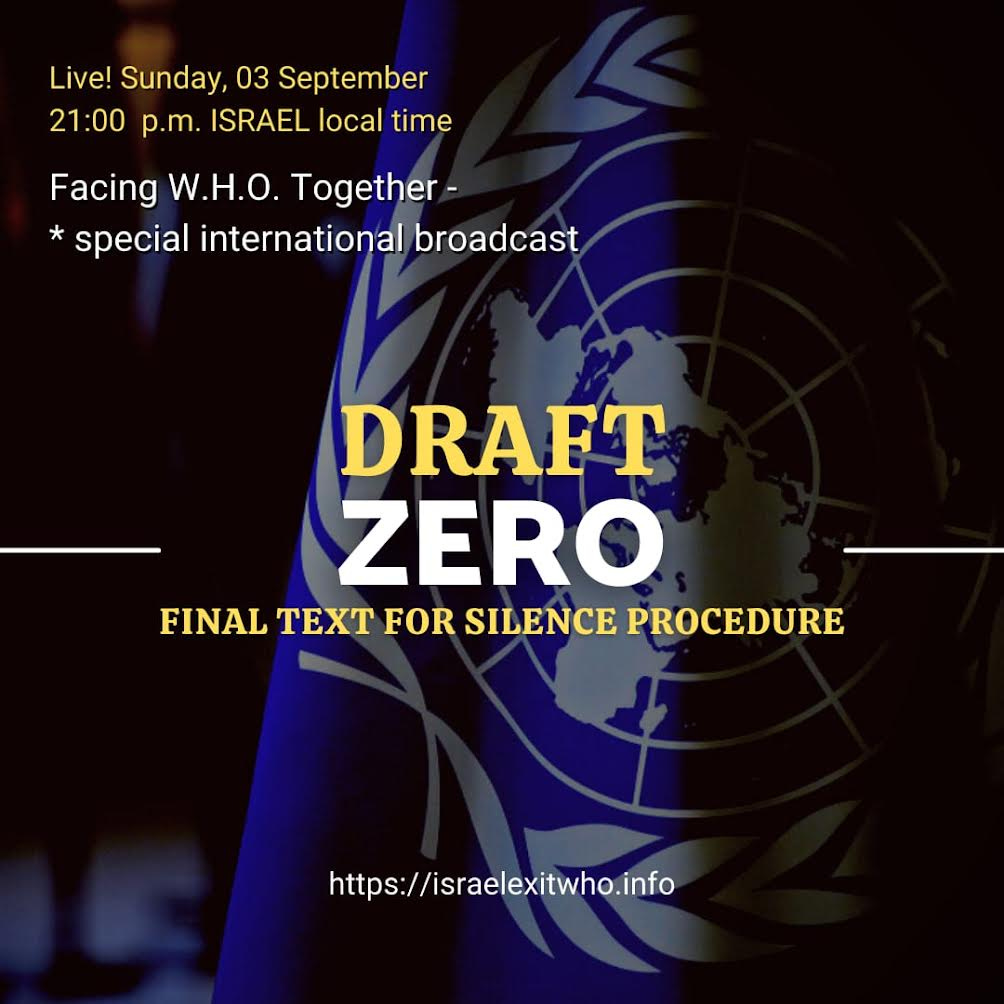

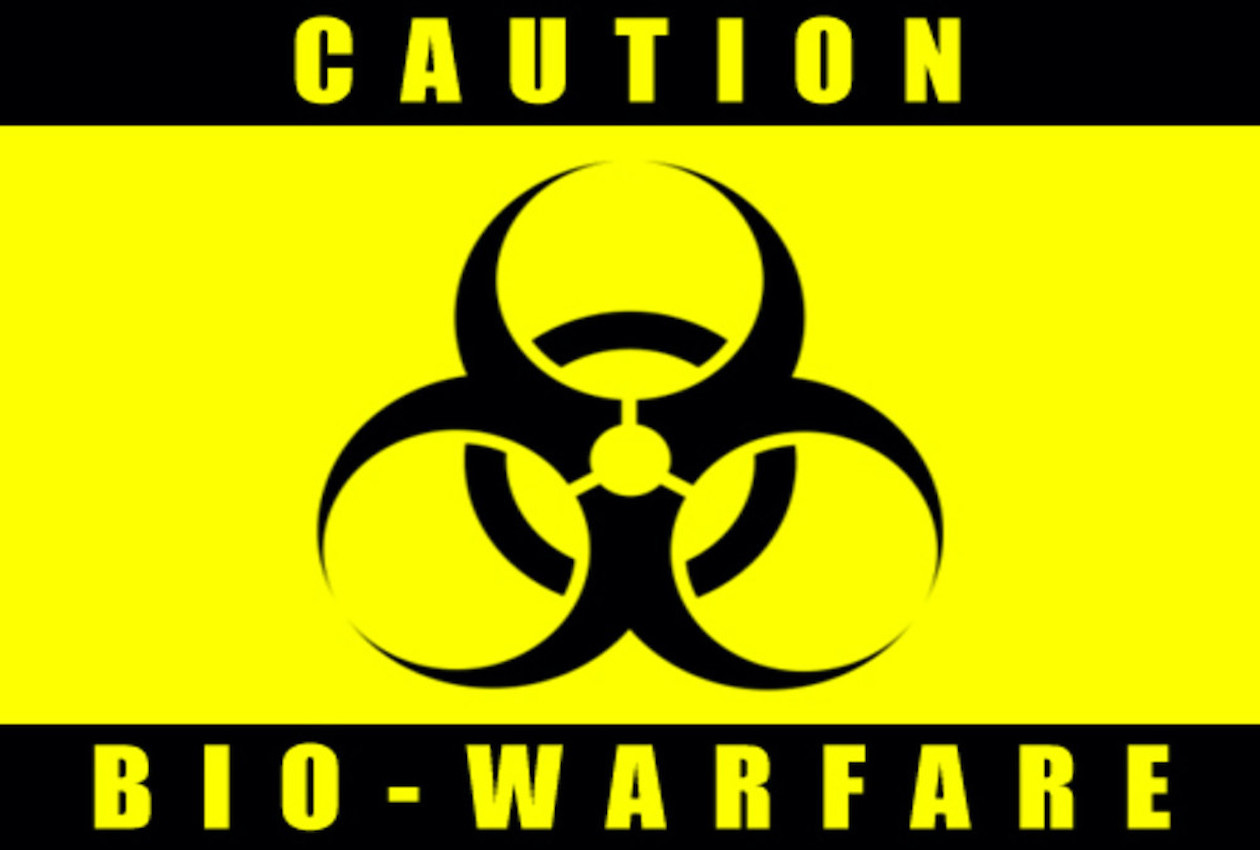



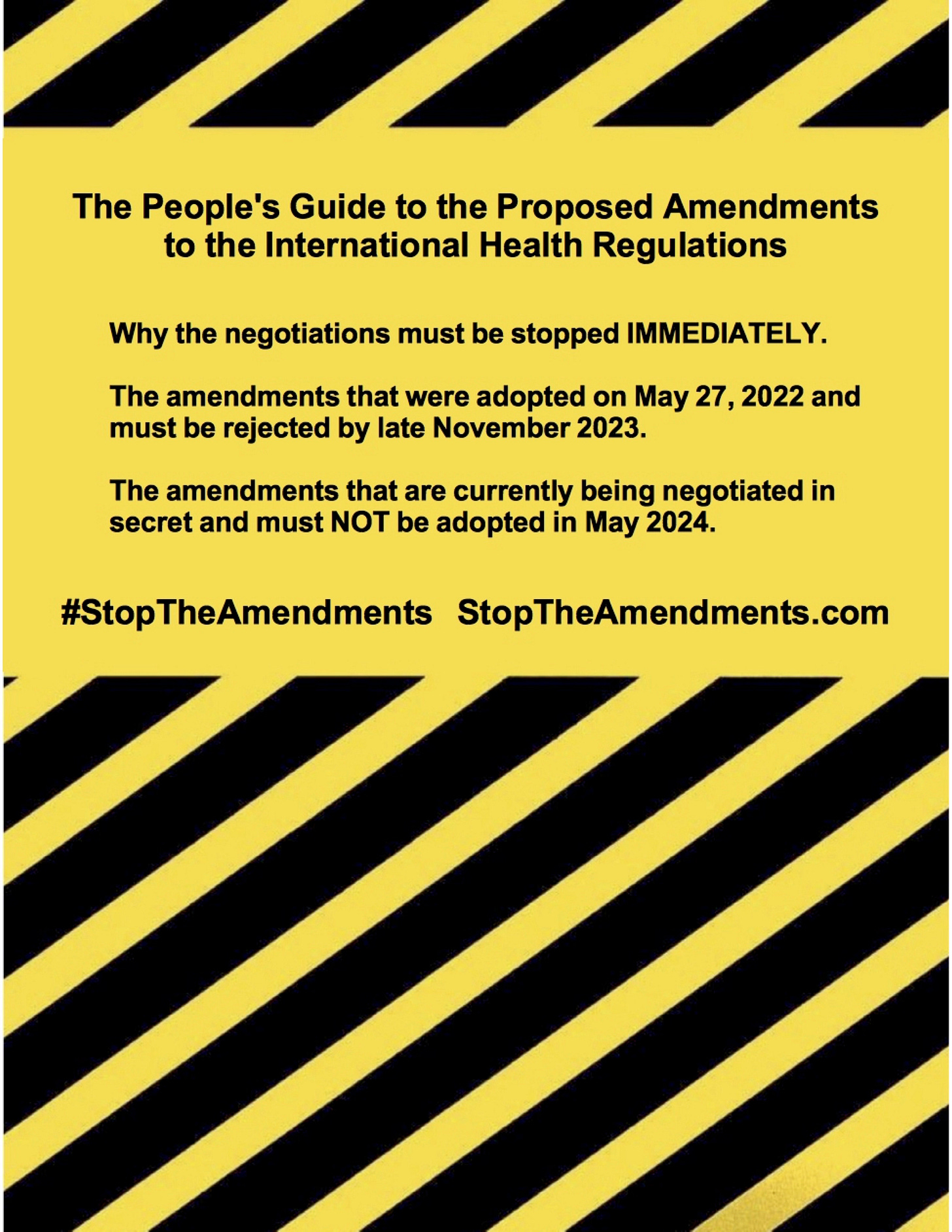







I have a beautiful, lovely and handwritten letter lying on the table, to be posted tomorrow to: Tedros Adhanom Ghebreyesus, WHO Headquarters in Geneva, Avenue Appia 20 1211 Geneva Switzerland. Why I do not consent.
Spread far and wide as possible this last half hour. Especially to those who would likely shut me out. The time for polite silence is long past. This Is A True Emergency vs a fake one.